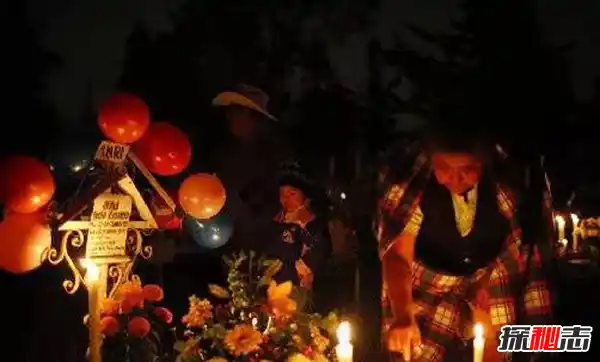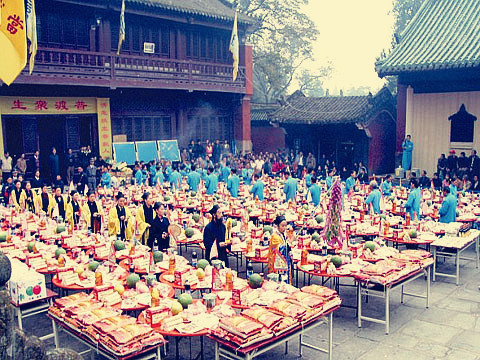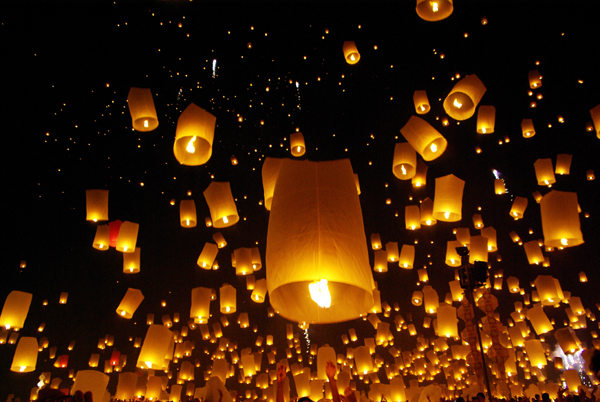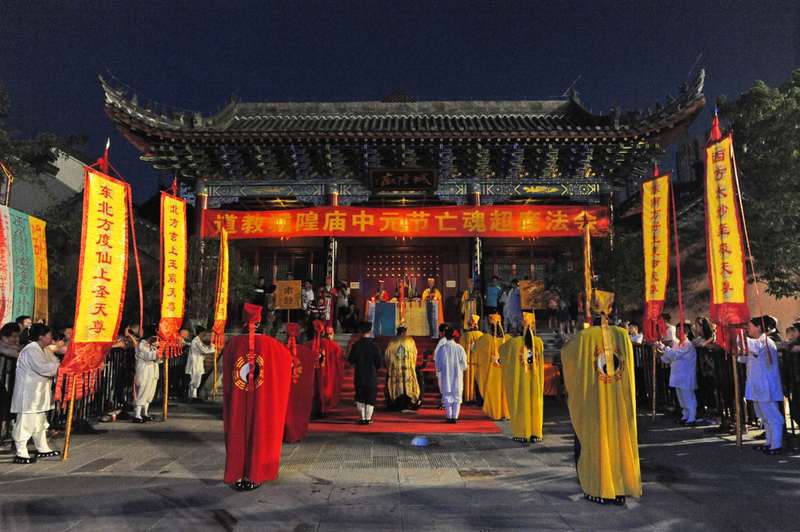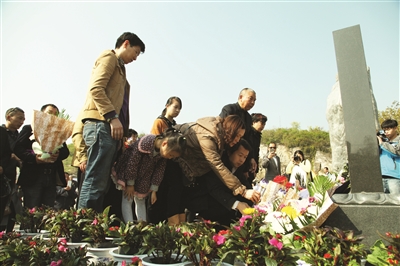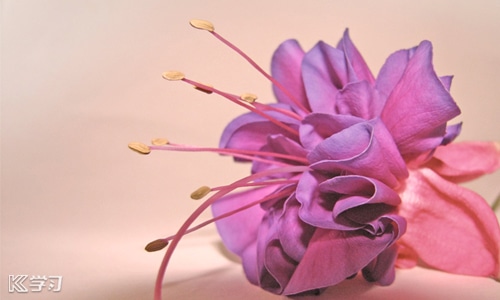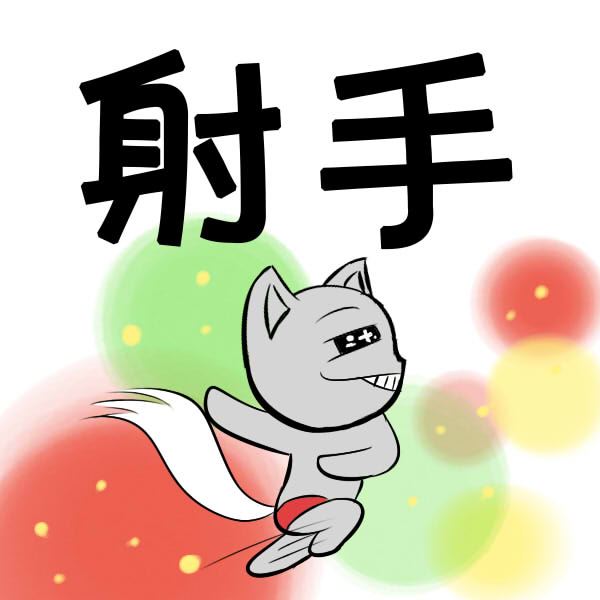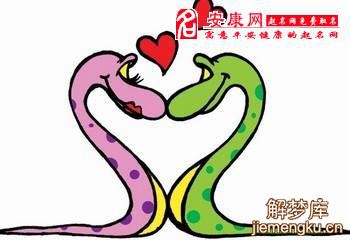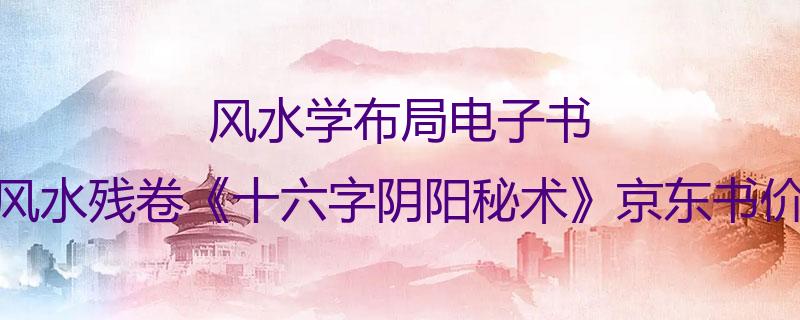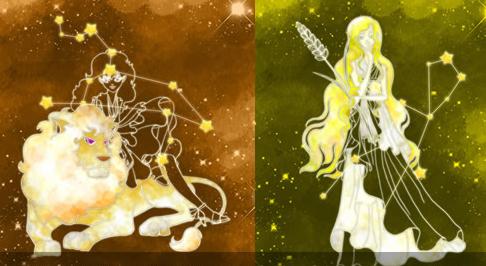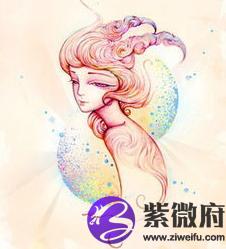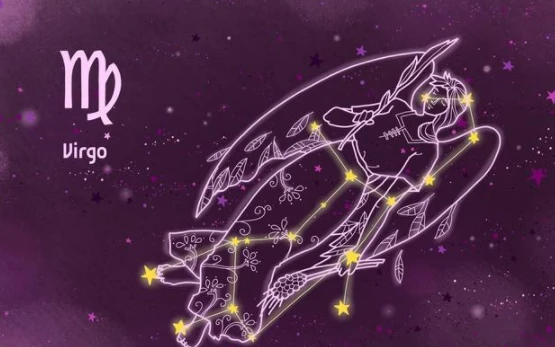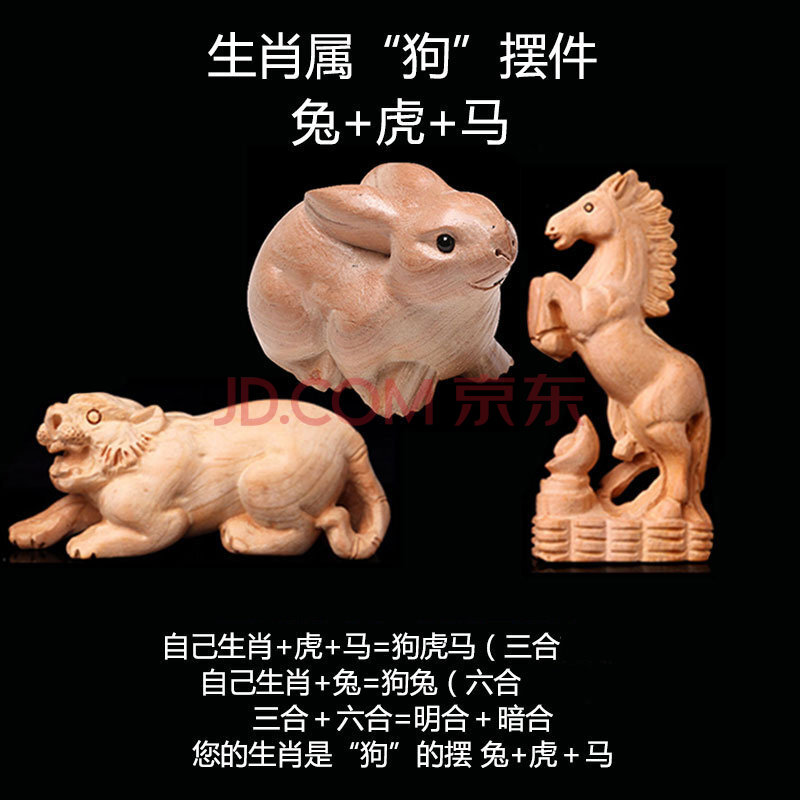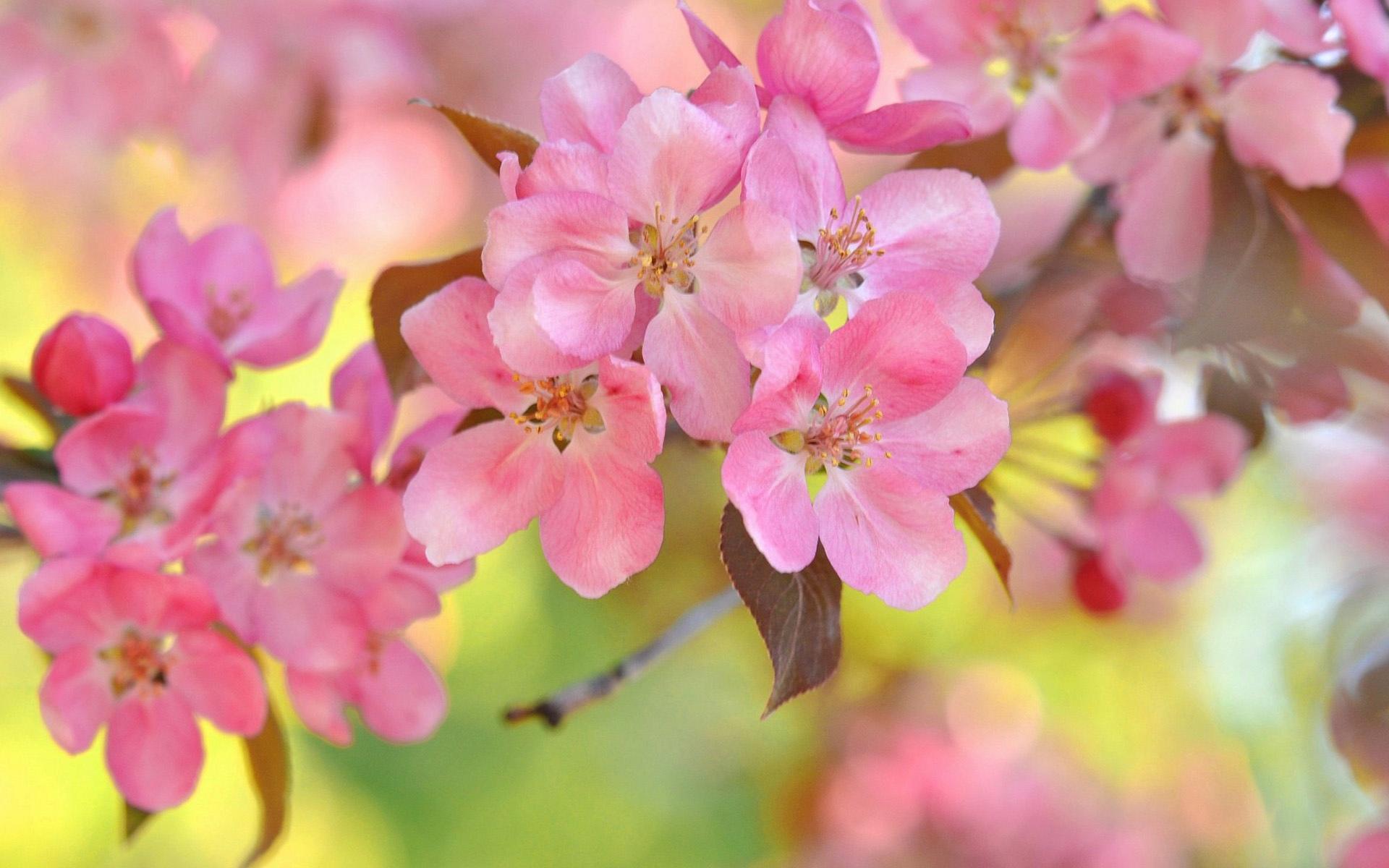农历七月十五“鬼节”的真正含义(图)
- 百科
- 4周前
- 270
农历的七月十五日是什么日子?
命理师念鲜的微信:nianxiangege听说是传说中的“鬼节”咩,小编对这还真的不太了解。上网查了相关的资料,一副“原来还有这么一说啊”的感觉……罪过。
首先,咱来看维基百科中的一段介绍:
In Chinese tradition, the fifteenth day of the seventh month in the lunar calendar is called Ghost Day and the seventh month in general is regarded as the Ghost Month, in which ghosts and spirits, including those of the deceased ancestors, come out from the lower realm。
原来,整个七月都被称作“鬼月”。七月初一是“鬼门关”大开的日子,从七月初一鬼门关开启起,到三十日鬼门关关闭这段日子里,阴间的无主孤魂都会涌到阳间,徘徊于任何人迹可到的地方找东西吃。因此,“鬼节”不仅可以被叫做“Ghost Day”,也常被称为“Hungry Ghost Festival”。
而每年农历的七月十五日(南方为十四日)便是民间常说的“鬼节”了。这其实也是道家所说的“中元节”(Zhong Yuan Festival),以及佛教中的“盂兰盆节”(Yulan Pot Festival)。
那么“鬼节”这一天有什么习俗呢?
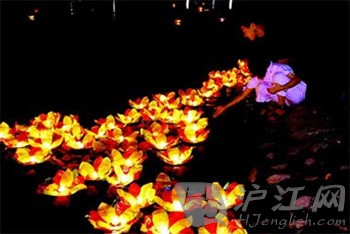
放河灯
这一天的主要活动就是放河灯(Floating River Lanterns)了。
As a rule, there is a Yulan Pot Fair on the day of the Zhong Yuan Festival. People put on performances such as the yang ge dance, the lion dance and other acrobatic shows. When evening comes, people float lit lanterns along the rivers. This practice is called "floating river lanterns"。
在这一天,家家户户放河灯,以期在人间接续银河之路,迎接先人英灵。也正是因为如此,“中元节”才被称为“鬼节”。
中元节/盂兰盆节,稀里糊涂成“鬼节”,真正含义是啥?
中元节是本土文化的产物。传统中国一直以农耕为本,在大量的生产生活实践中,先人们发现万物之间存在着某种因果关系:一个果实的成熟,最终离不开种子的恩惠,所以,果实对种子,后人对先人,必须常怀一份感恩之情。中元节就是这样的一个节日,它表达的就是感恩(thanksgiving)。
而盂兰盆节,讲的是目莲在阴间看到去世的母亲受饿鬼纠缠,无法进食,便向佛祖求救,佛祖感其孝心,授予《盂兰盆经》,许其每年七月十五日设素筵供母享用,以后传承开来,遂成“盂兰盆节”的传统。因此,盂兰盆节强调的其实是“孝道”(filial piety)。
